Question And Answer
Publications
Articles, publications, books, tools and multimedia features from the U.S. Institute of Peace provide the latest news, analysis, research findings, practitioner guides and reports, all related to the conflict zones and issues that are at the center of the Institute’s work to prevent and reduce violent conflict.
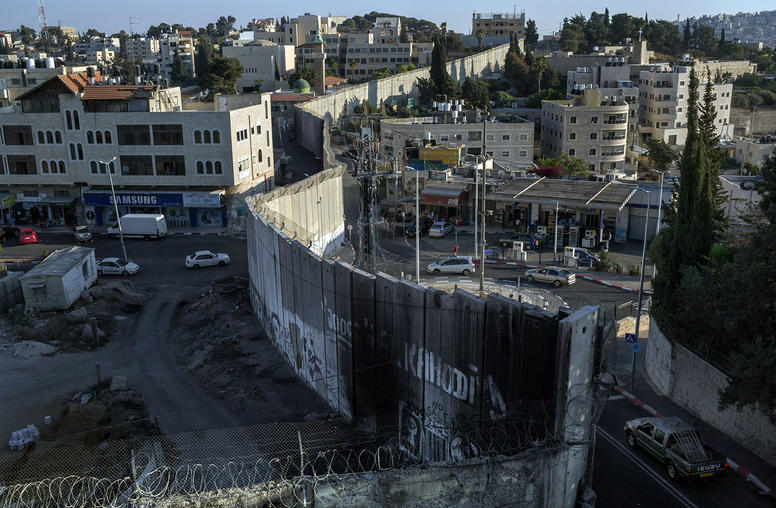
The Israeli-Palestinian Conflict: The Danger of ‘No Solution’ Messaging
Israeli Prime Minister Naftali Bennett has made it clear that he has no interest in reviving the Israeli-Palestinian peace process. In a recent interview, he affirmed his longstanding position that he “opposes a Palestinian state and will not allow talks on the line of a Palestinian state.” Echoing Bennett, Israel’s more moderate Alternate Prime Minister Yair Lapid — set to take over in August 2023 — says he, too, will not seek peace talks once he takes office, despite his stated support for a two-state solution.
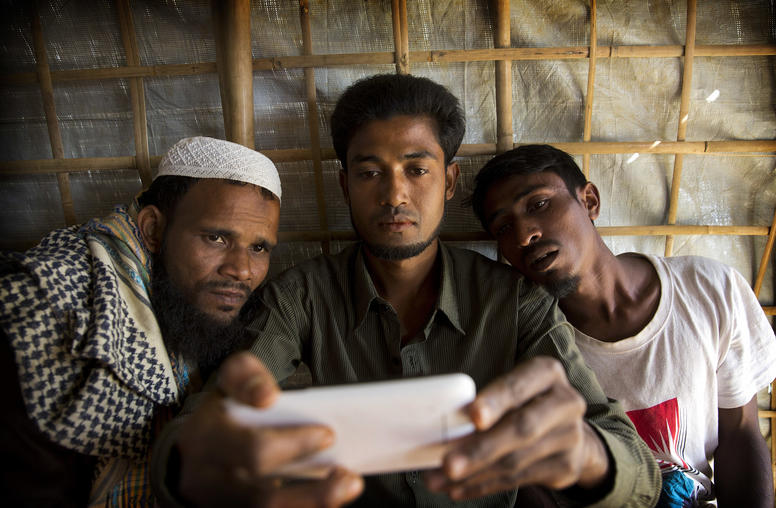
La acción no violenta en la era del autoritarismo digital: Dificultades e innovaciones
A fines de la década de 2000 y principios de 2010, los movimientos de acción no violenta utilizaron las redes sociales y otras herramientas digitales para organizar levantamientos a favor de la democracia que tomaron por sorpresa a los regímenes. Esos eufóricos comienzos han dado paso a la represión digital, las restricciones de libertades en línea y el retroceso democrático a medida que los regímenes autoritarios aprovechan las nuevas tecnologías para vigilar a la oposición y sembrar desinformación. Este informe documenta cómo los activistas no violentos se están adaptando a la represión digital y sugiere formas en que los Estados Unidos y sus aliados pueden ralentizar el ritmo de la innovación autocrática en el uso de estas tecnologías.

Nonviolent Action in the Era of Digital Authoritarianism: Hardships and Innovations
In the late 2000s and early 2010s, nonviolent action movements employed social media and other digital tools to orchestrate pro-democracy uprisings that took regimes by surprise. Those euphoric early days have since given way to digital repression, restricted online freedoms, and democratic backsliding as authoritarian regimes leverage new technologies to surveil the opposition and sow misinformation. This report documents how nonviolent activists are adapting to digital repression and suggests ways the United States and its allies can slow the pace of autocratic innovation in the use of these technologies.
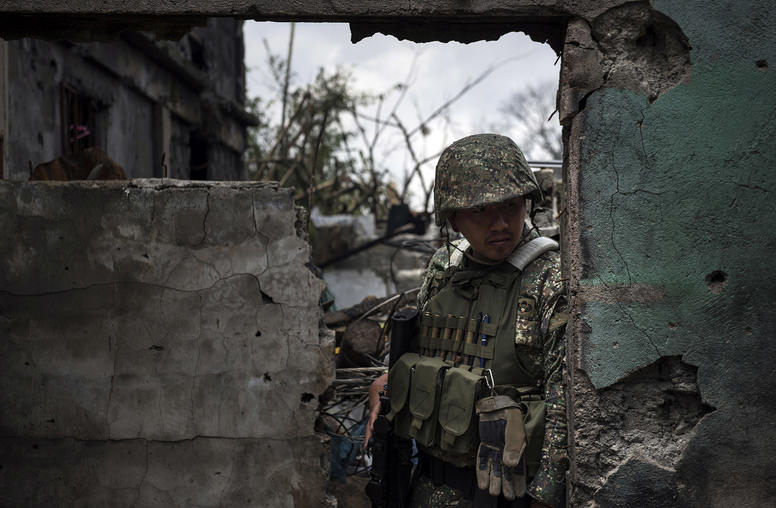
Examining the Military’s Soft Power Challenge in the Southern Philippines
This is a moment of both real and potential transition for the AFP, as the prospect of sustainable peace in the Bangsamoro Autonomous Region in Muslim Mindanao (BARMM) and at least wearying of non-state threats could enable a transition in force posture from a focus on internal security operations to broader regional defense.

Asfandyar Mir on the Pakistani Taliban and Afghanistan-Pakistan Border Tensions
As Pakistani leaders quarrel with the neighboring Afghan Taliban over the demarcation of their shared border, USIP’s Asfandyar Mir says Pakistan’s own Taliban insurgency has “been boosted by the example of the Afghan Taliban … if things continue to escalate over the medium term, things become very difficult for Pakistan.”

Tegan Blaine on Climate Change and Peacebuilding
After the annual PeaceCon featured climate change as one of the conference’s main themes, USIP’s Tegan Blaine says, “It’s no longer possible to say that climate change does not intersect with peacebuilding. The realities are there … we need to be more honest about what the likely impacts are going to be.”
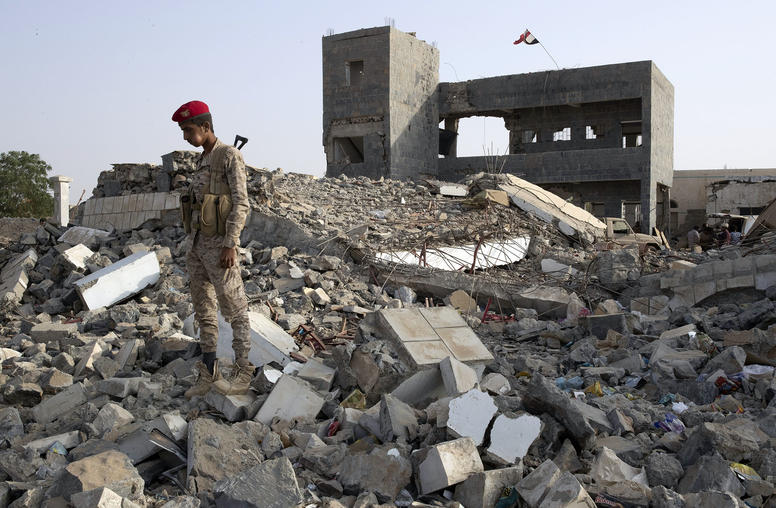
Houthi Offensive ‘Primary Obstacle’ to Peace in Yemen, Says U.S. Special Envoy Lenderking
The Biden administration’s diplomatic efforts toward ending the war in Yemen are yielding international consensus on the need for a cease-fire and a more inclusive peace process, U.S. Special Envoy for Yemen Timothy Lenderking said on February 8. However, Lenderking added, a military offensive by Houthi rebels is a major obstacle to those peace efforts.
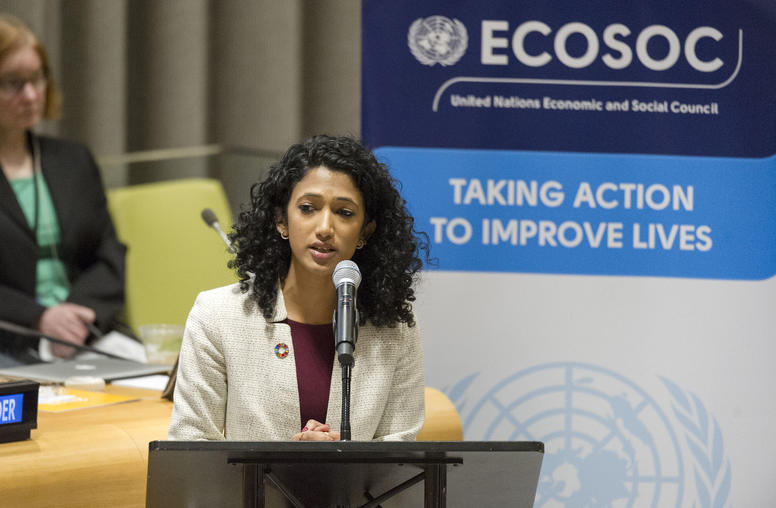
Youth Leadership in Peacebuilding: A Catalyst for Advancing U.N. Sustainable Development Goal 16
When U.N. Sustainable Development Goal 16 (SDG 16) was adopted in 2015, it was envisioned as a framework for countries experiencing unrest to build peace and promote justice through strong institutions. Efforts have been made at different levels to make this goal a reality, but the outlook is not encouraging. The latest report from the U.N. found over 80 million people had fled war, persecution and conflict in 2020, the highest ever recorded. And every day, 100 people — including women and children — are killed in armed conflicts. With these grim figures and the end-of-decade deadline for SDG16 rapidly approaching, there should be a concerted effort to engage with youth leadership to help get SDG 16 back on track.
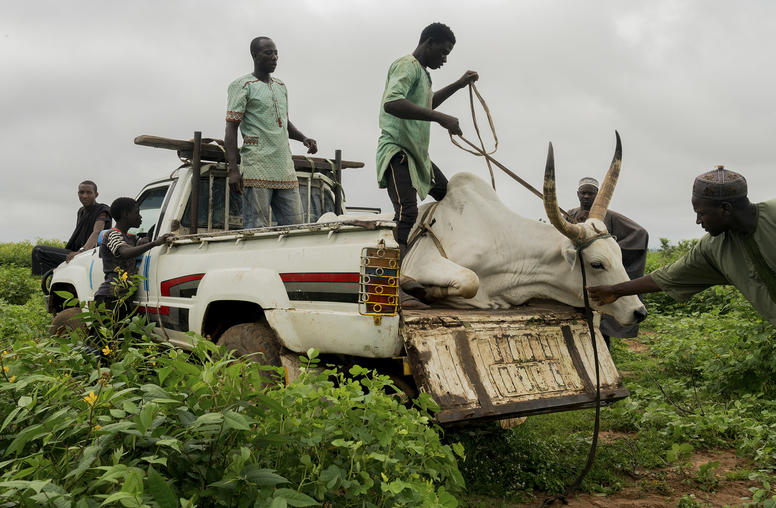
Amid Nigeria’s Violence, a Local Peace Process Advances
Next week opens a high-stakes season of risk for Africa’s demographic giant, Nigeria: the one-year countdown to a presidential election to be held amid the upheavals that have killed or displaced hundreds of thousands of people over the past decade. Nigeria’s escalated regional and local conflicts risk fueling a similar escalation in the country’s pattern of election-related violence. But hope for reducing this combined risk is visible in the work of still-young peacebuilding agencies established by several of Nigeria’s state governments. In one region, these agencies have achieved a peace accord to halt a communal conflict that burned down villages and uprooted thousands of people.
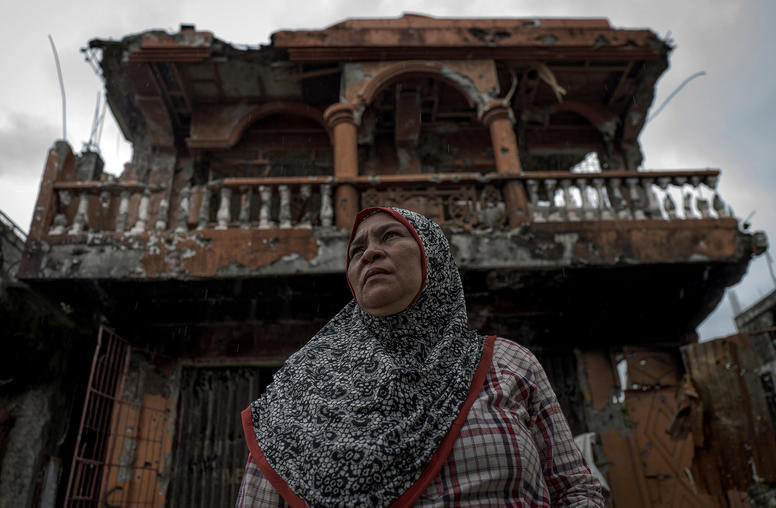
Examining Women’s Critical Role in Peacebuilding in the Southern Philippines
Peace is the new battle cry for the island of Mindanao. Situated in the southern Philippines, the region is among the poorest in the nation despite natural resources and promising agrarian assets. Mindanao is also prone to calamities, from clashes between the military and armed groups and violent clan feuds to seasonal natural disasters, that regularly displace entire communities. These unrelenting disruptions to our social, political and economic lives have impacted generations.